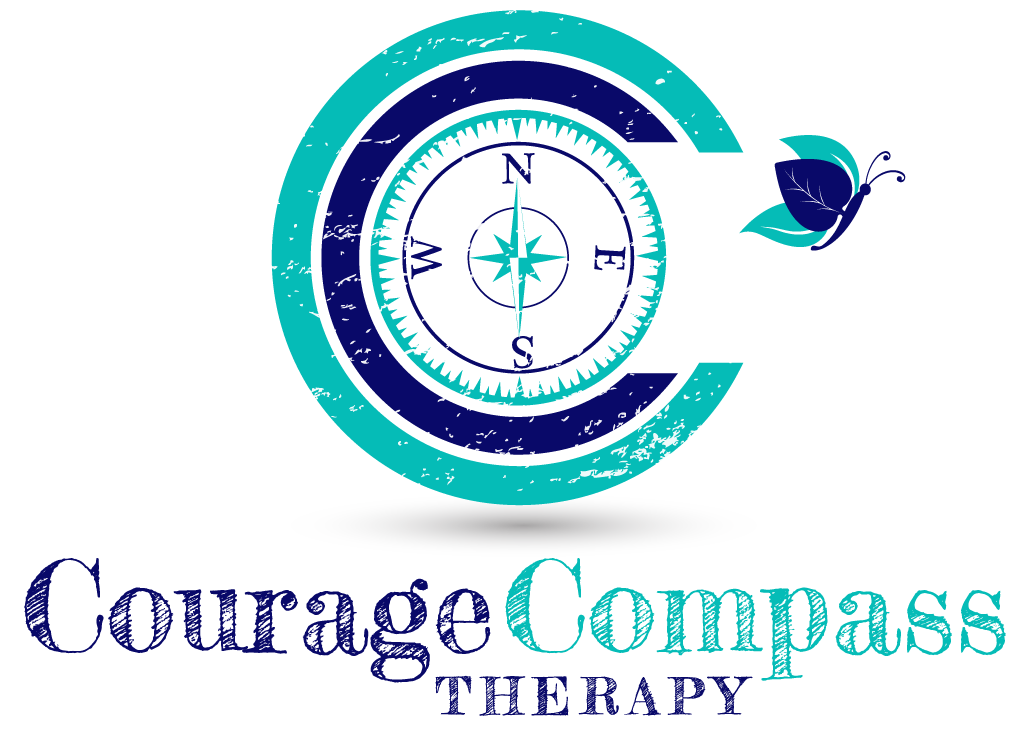What if ADHD IS the Trauma?
Photo by KoolShooters
Trauma and ADHD can have similar or overlapping symptoms; one can look like the other. This is something important to evaluate, explore, and monitor in order to understand the underlying causes of symptoms. Which symptoms are a result of which experiences? This is what it means to be trauma informed: we are looking for root causes of symptoms, we are not just focused on treating symptoms.
While addressing symptoms and reducing their severity is highly important, we also want to be aware of the source(s). It’s important to gain clarity at the beginning, and I work to do this whenever anyone starts treatment with symptoms that fall into these categories.
Here’s the thing: undiagnosed ADHD isn’t benign.
Many people have learned to compensate for their challenges by adopting various strategies. They often think other people have similar struggles but are just better at handling them. The blame is self-imposed, so the coping mechanism is too. Years of untreated symptoms can lead to many experiences of shame and humiliation, which can be encoded in the brain as trauma. This can even progress to panic attacks that do not respond to medication or therapy for anxiety as they are related to the ADHD.
Sometimes ADHD IS THE TRAUMA.
Photo by Cottonbro Studio
On average, it can take 17 years to diagnose ADHD when nothing else has been found to explain the symptoms. The symptoms cause people to feel less able, not smart or “stupid,” irresponsible, disorganized, unworthy, “bad,” and more. The result of these experiences condenses into beliefs we have about ourselves: I am stupid, I’m unworthy, I’m a bad person, I don’t deserve _____. Our behaviors and decisions are often driven by our underlying beliefs we have about ourselves. If these beliefs are entrenched, a lot of the unwanted feelings and behaviors are reinforced, and it can become a vicious cycle.
In this way, undiagnosed ADHD is traumatic.
In another way, “trauma” can be viewed as blaming ourselves for things outside of our control; taking things on that are not our fault. If we do that in relation to things related to ADHD, we feel defeated and ashamed that we can’t “fix” things it looks as though we should. Messy desk? Forgetting appointments? Misplacing keys? Habitually late? Procrastination? People will attribute blame to themselves saying things like, “I just can’t get it together. I don’t know what’s wrong with me. I just have to do better. I’ll figure it out some day.” But it can feel hopeless, because change isn’t happening.
See how ADHD and Trauma symptoms overlap below.
Now what?
I find that adults who are diagnosed with ADHD when coming to therapy do have traumatic experiences as a result of past events. It’s important to evaluate, understand, and reflect on past experiences and how they fit into current symptoms and goals for coming to therapy. What strategies can be implemented immediately to help improve executive functioning? What may be more subtle and chronic that may take more time?
This is often integrated into our treatment plan, preferably in coordination with a primary care physician or psychiatrist. It is something to be managed and monitored as we understand the relationship ADHD has had on your upbringing, educational experiences, professional experiences, and relationships. Yes, it affects all of those arenas. Acknowledging this helps to make improvements much faster, and thus brings relief much sooner.
Next Steps
Request an appointment to get started on your own healing journey
Get support. This group is for people who work remotely with ADHD
Check out resources to gain information, find new strategies, and most of all, get validation for what you experience.
Know you are not alone.





